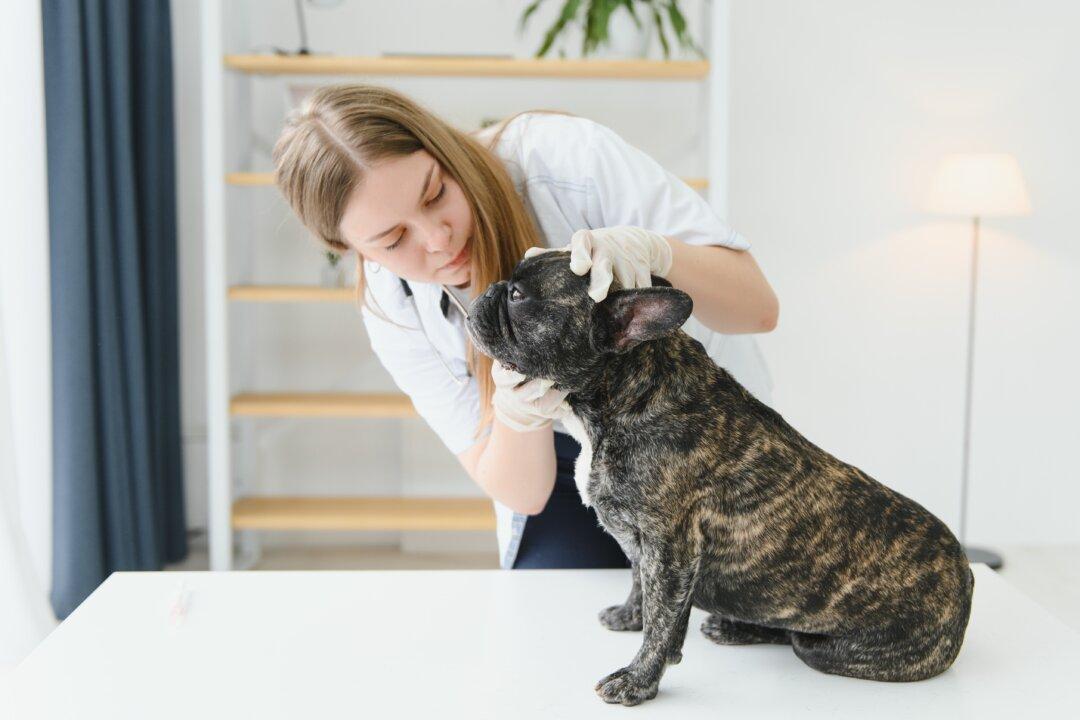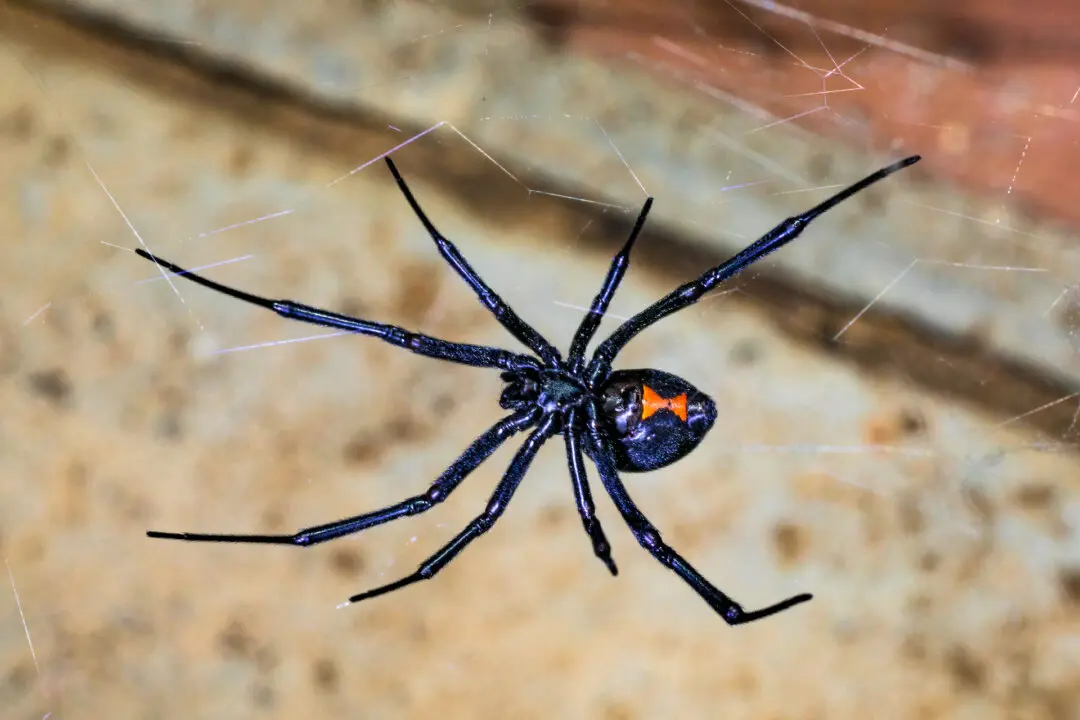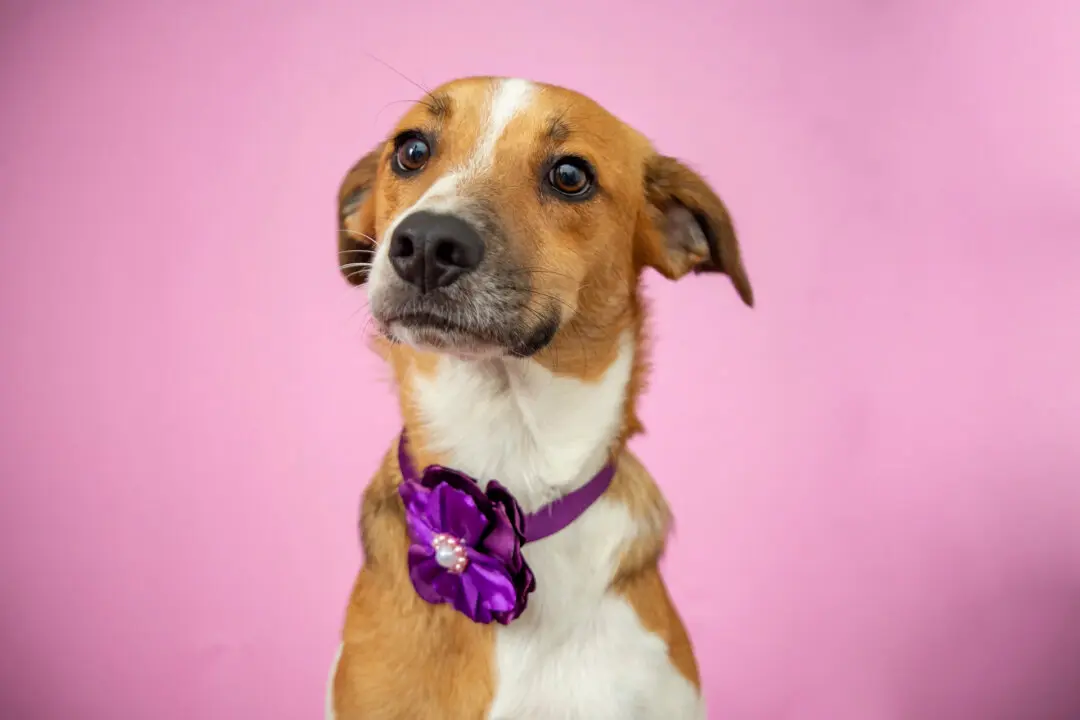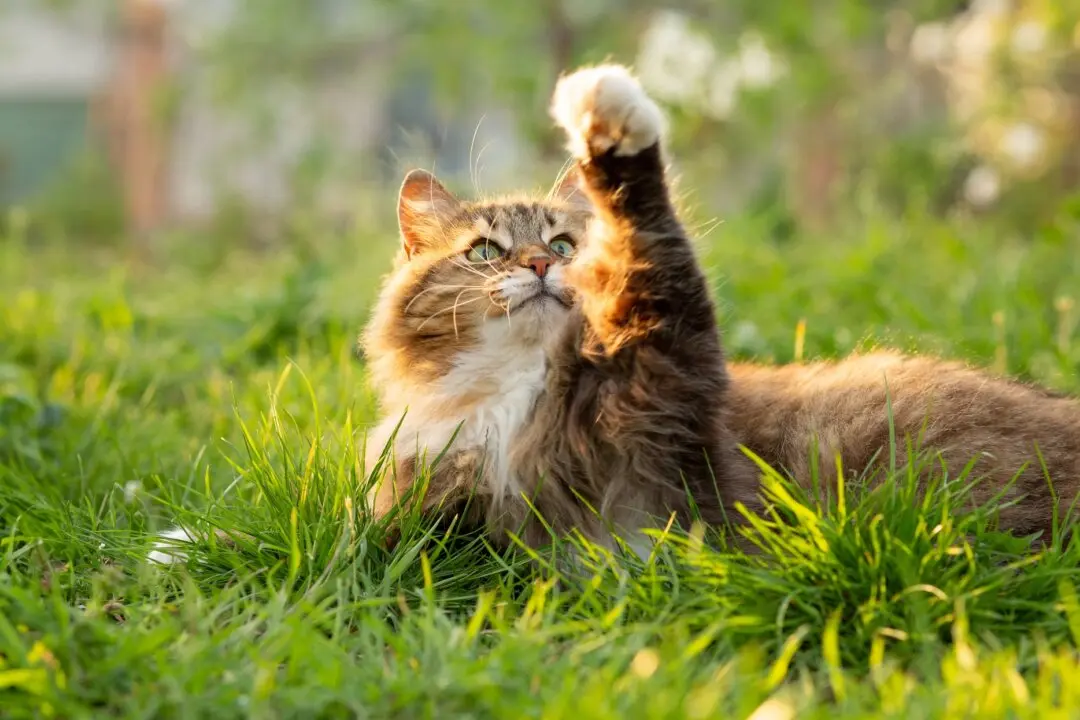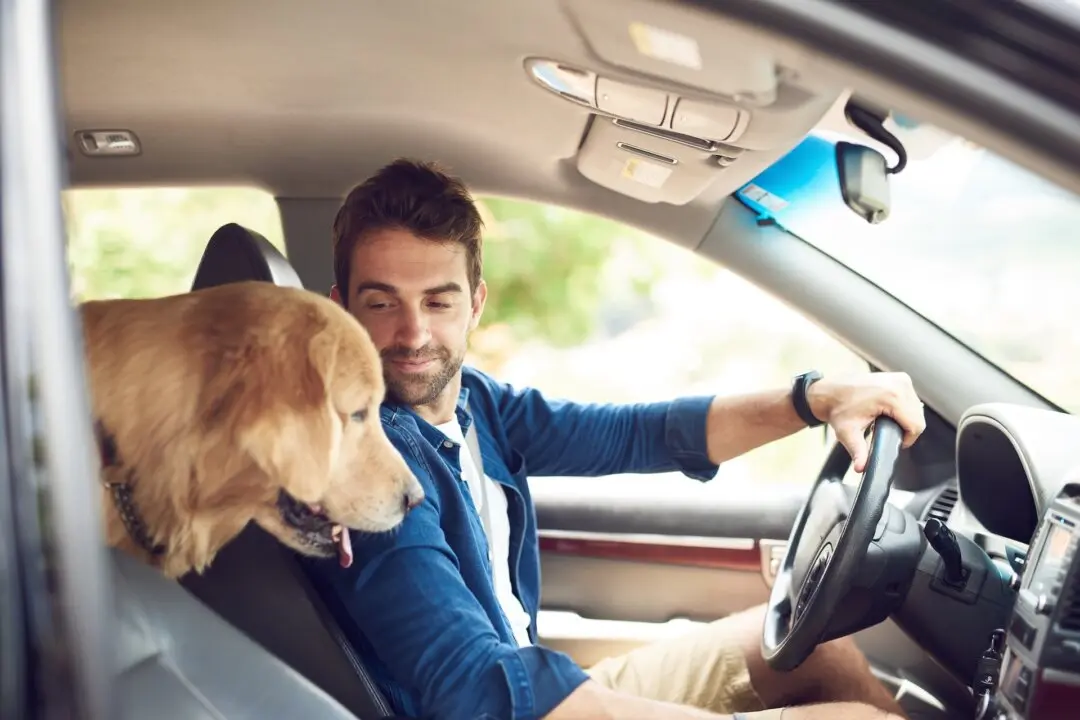Q: My holistic veterinarian says my 10-year-old cat Moses has rotten teeth, and at least one tooth has fallen out. Because of his age, I don’t want him anesthetized for dental treatment, so the vet said she would clean his teeth using only essential oils and light. I’m concerned about Moses feeling stressed. What should I know about dentistry without anesthesia?
A: We veterinarians have a saying: Age is not a disease. So, as long as a physical exam and lab work show Moses is healthy, anesthesia poses no greater risk for him than it would for a younger cat.

